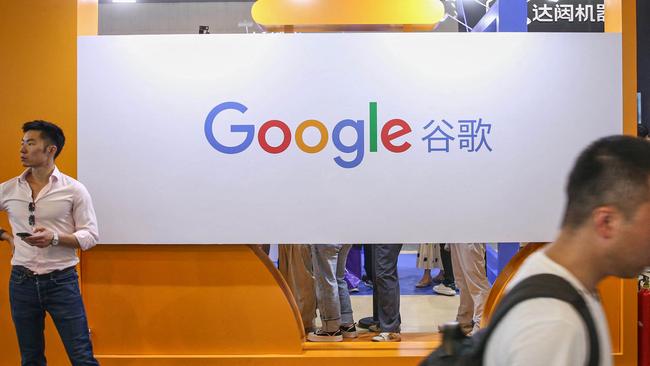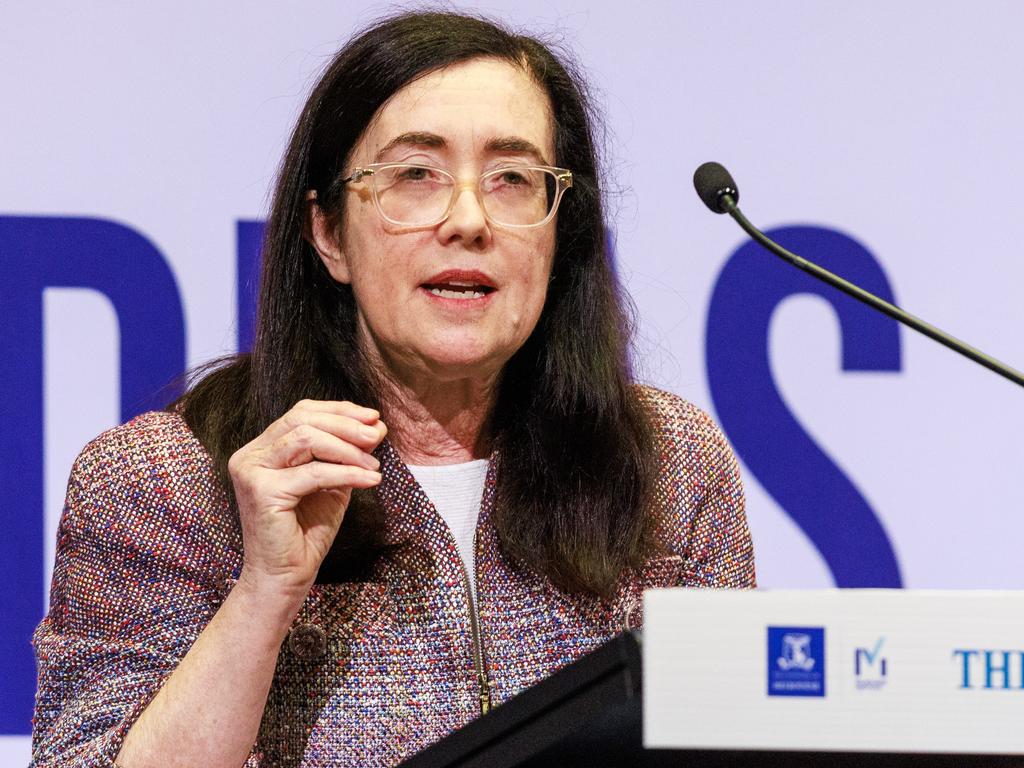‘Terrific Judgement’: Google antitrust case to send chill down Big Tech’s spine, says Rod Sims
Google’s anti-competitive behaviours have limited the development of rival search engines and even its own, says former ACCC chair and academic Rod Sims.

Google’s anti-competitive behaviours have limited the development of rival search engines and even its own, says former ACCC chair and academic Rod Sims.
The company, which has paid billions to competitors to ensure search engine dominance, has given no room for competitors to rise up and challenge it, he said.
The comments arrive as the US tech giant lost an anti-trust case in the US, where District Court judge Amit Mehta delivered a long-awaited 276-page decision on Monday.
“Google is a monopolist, and it has acted as one to maintain its monopoly,” Judge Mehta wrote.
The decision detailed the enormous measures undertaken by Google to maintain its dominance and the lengths and sums it was willing to spend, which included $US20bn ($30.7bn) to Apple in 2022 to be the default search engine across its devices.
That sum spoke volumes about the company and its mission to suppress any competition, said Mr Sims, former chief of the Australian Competition & Consumer Commission.
“This is an extraordinary amount of money, even by Google standards,” he said. “If you believe you’ve got a superior product, you don’t do that. You do that because you want to make sure that you are the default and others can’t get into the market.”
Judge Mehta’s decision outlined that Google did “offer the best search engine” but the company “shouldn’t be allowed to make it easily available”, said Google president of global affairs Kent Walker, who vowed that the company would appeal the decision.
“As this process continues, we will remain focused on making products that people find helpful and easy to use”, he said.

Mr Sims said Google’s evolution was indisputable but the way the company had fought off its competition to maintain dominance was what anti-trust bodies would describe as “anti-competitive”.
“Google unquestionably innovated its way to success. It came up with a new form of search engine that just out-competed all of the search engines and everybody thought it was terrific,” he said.
The company’s “anti-competitive” behaviour was not limited to the tech industry but it needed to be called out.
“That’s what the court has found here, which I think is a terrific judgment,” Mr Sims said.
Google performs over 90 per cent of the world’s internet searches.
But Mr Sims said the quality was noticeably different in recent years as the company prioritised advertising profit over performance.
“I think most people I speak to would think that Google is not as good of a search engine as it used to be … there’s much more sponsored links,” he said.
“I think Google has just taken advantage of its position to basically increase the revenue from its customers, but its user base is not getting the same quality of search that they were getting before.”
Monday’s outcome would likely send a chill down the spines of many of the US’s big tech firms.
Apple, if Google was prevented from paying the company to have its search engine dominant, would face a significant hit to its profits, Mr Sims said.
“They’ll be worried about what it will do to their own business because they, of course, have innovated their way to success spectacularly, just like Google have,” he said.
“They also use various mechanisms to protect their position and this judgment could flow over to them. The first problem is that this judgment may flow to their own behaviour, and secondly, they stand to lose a lot of money. It’s just pure profit for them.”







To join the conversation, please log in. Don't have an account? Register
Join the conversation, you are commenting as Logout